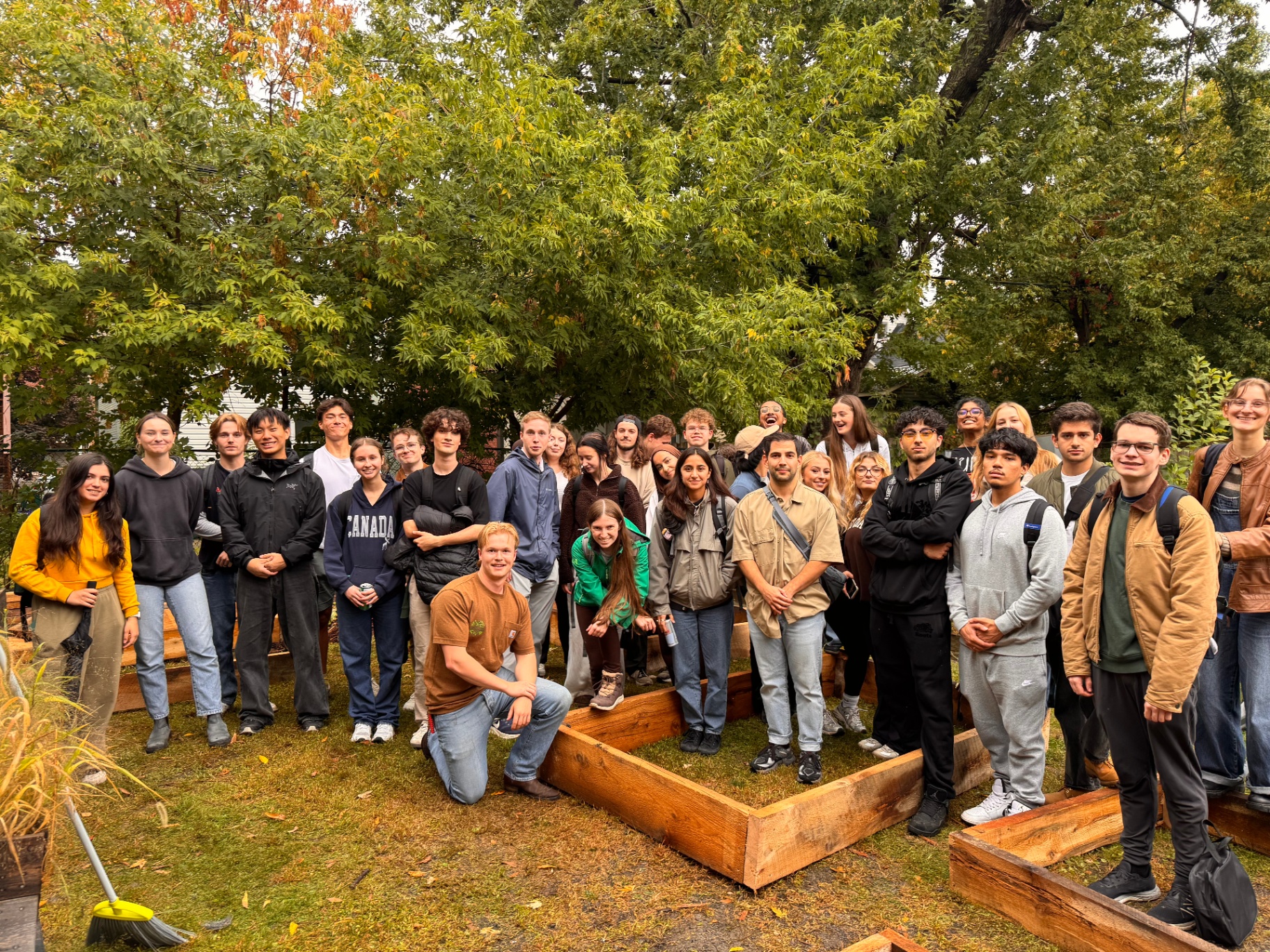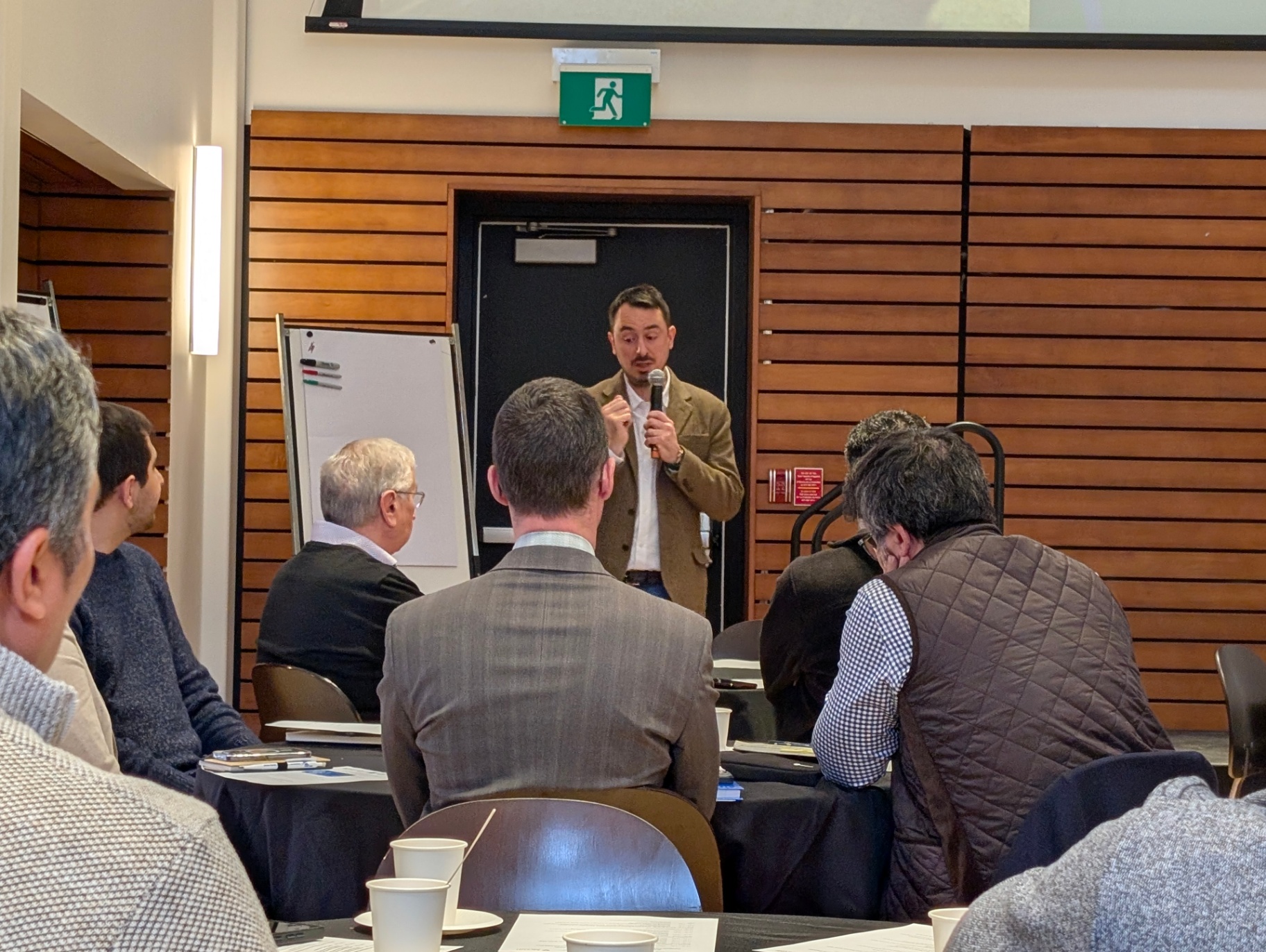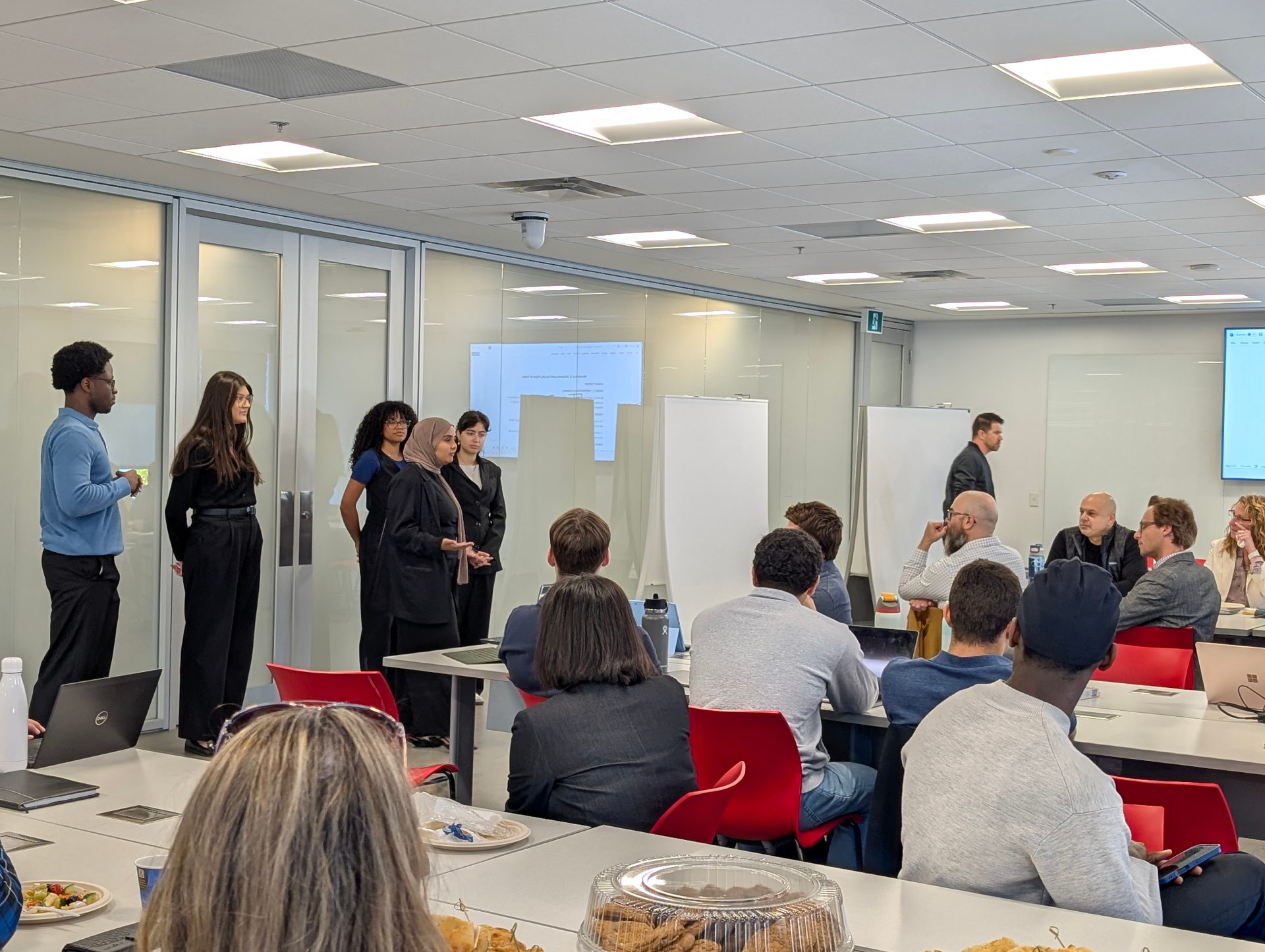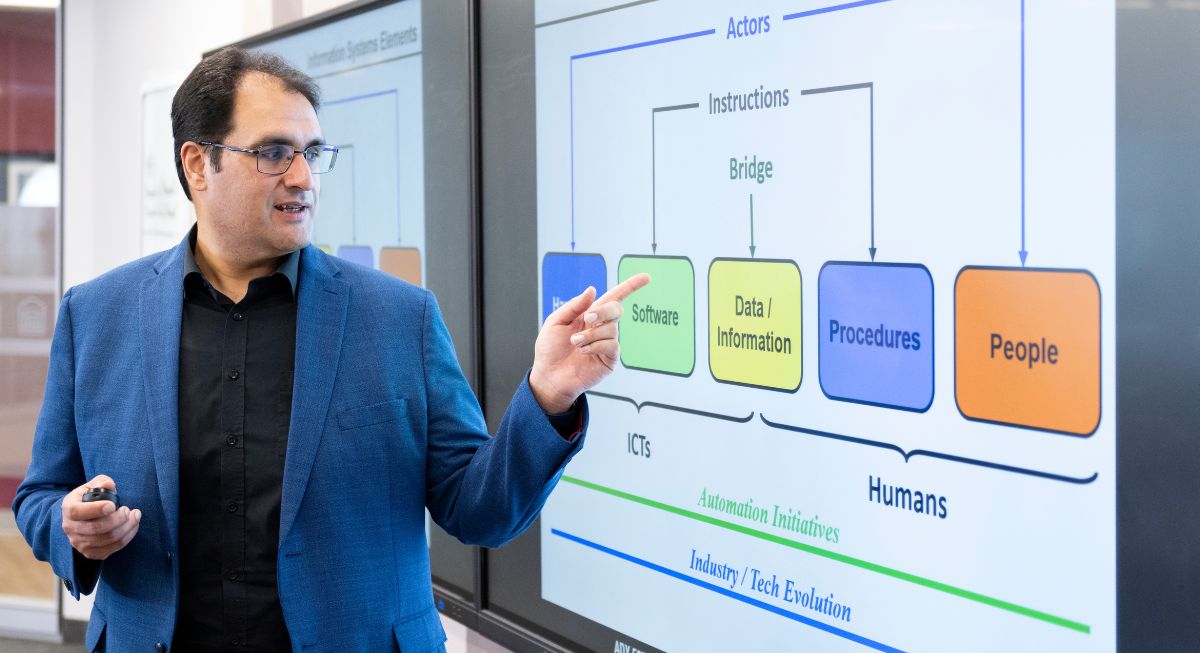An increasing number of companies worldwide are committed to reducing their carbon footprint and creating a better society. However, research shows that companies promoting sustainability in-house is not enough. Rather, they must trigger sustainable actions along their supply chains. Indeed, a new study by Sara Hajmohammad, an assistant professor at the Telfer School of Management, offers insights into how companies can strategically make improvements at the industry level by shaping and transforming their suppliers’ environmental and social sustainable practices and behaviours.
Supplier sustainability risks
In 2010, one of the major international manufacturers of Apple products was alleged to be providing poor work conditions, leading to a tragic loss of life. It did not take long for the media to publicly scrutinize Apple itself. Moreover, according to surveys by the WWF and the Rainforest Action Network, respectively, Kellogg’s, Yoplait, Häagen-Dazs and other well-known food companies have failed to meet their commitments to phase out environmental damage caused by palm oil suppliers.
In the above situations, the companies were pressured to improve their suppliers’ sustainable practices. More recently, the WWF and the Rainforest Action Network have sought to pressure food companies that were not able to reach their goals to eliminate deforestation along their supply chains.
These cases of negative publicity show that no matter how environmentally and socially sustainable a company claims to be, issues along the supply chain may damage a company’s reputation and undermine internal efforts to increase its environmental and social impact. As Sara Hajmohammad, an assistant professor at the Telfer School of Management, says, “NGOs, activist groups, and other prominent stakeholders may use the media and social media platforms to hold companies accountable for any sustainability issues that can be traced to their suppliers, and even call for boycotts and demonstrations.”
To be truly sustainable and mitigate this risk, companies need to ensure that their suppliers also adhere to sustainable practices, whether this means safer working conditions or environmentally friendly policies.
The study
A new study co-authored by Hajmohammad suggests that the sum of strategic actions by companies to manage this risk can curtail suppliers’ poor social and environmental practices and, ultimately, improve the overall level of sustainability within an industry. However, the changes do not take effect immediately.
The study, titled “Mitigating sustainability risk in supplier populations: An agent-based simulation study,” provides invaluable insights to businesses, activist organizations and policy makers seeking to reduce the environmental and social impact of supply chains and their associated risks.
Hajmohammad and co-author Anton Shevchenko examined businesses’ exposure to risk related to unsustainable practices in the supply chain, and the strategies they undertake to manage such risk. They considered the company’s ability to influence suppliers and the resources they have at their disposal. They also collected empirical data and built a simulation to incorporate real decisions made by managers who purchased goods or services from suppliers across industries.
Results were published in the International Journal of Operations & Production Management. They suggest that businesses can engage in actions that improve their suppliers’ sustainability but that their mitigation strategies do not necessarily transform the industry in the short term. Quick changes are possible, but only when companies have leverage and resources. However, small and medium-sized businesses can still make a difference and reduce undesired risks by joining forces or selecting suppliers that avoid actions with a detrimental impact on the environment or society.
Key insights for the business community
When suppliers are involved in practices that damage the environment or society, change can occur when companies put pressure on a significant group of suppliers, instead of targeting suppliers individually. That said, the study indicates that only buyers with both resources and power to influence their suppliers can reduce or eliminate the risks associated with unsustainable practices at the industry level. Thus, smaller and less powerful or resourceful companies should join forces to act and pressure their suppliers to become more sustainable.
Key insights for activists and policy makers
By putting pressure on small- and medium-sized companies through boycotts, public demonstrations, and other strong measures, activists may not trigger change industry-wide. Under public pressure, these companies may simply switch to procurement from a few sustainability-driven suppliers rather than pushing the larger supply chains to change their practices. “Such an approach is not viable in the long run because of suppliers’ limited production capacity,” says Hajmohammad. “Companies that lack the internal resources and power to lobby their suppliers may need more time to transition to a more sustainable supply chain,” she adds.
Hajmohammad also reminds environmental and social activist groups that it is not enough to target a few reputable companies. Efforts are more successful when combined with governmental regulation and legislation covering all companies operating in specific industries. “We believe this approach may increase corporate awareness of the risk in engaging with suppliers responsible for unsustainable practices and, ultimately, lead to calls to action by all businesses in the sector.”
Read the full article
Hajmohammad, S. and Shevchenko, A. 2020. Mitigating sustainability risk in supplier populations: An agent-based simulation study. International Journal of Operations and Production Management.

Dr. Sara Hajmohammad is an assistant professor of operations and project management at the Telfer School of Management, University of Ottawa. Her research focuses on sustainable operations and supply chain management. Learn more about her work.
Learn about the Globalization, Governance and Sustainability strategic interest group at Telfer, which includes Sara Hajmohammad.











